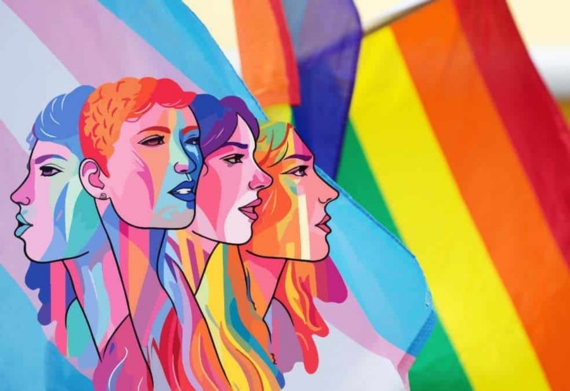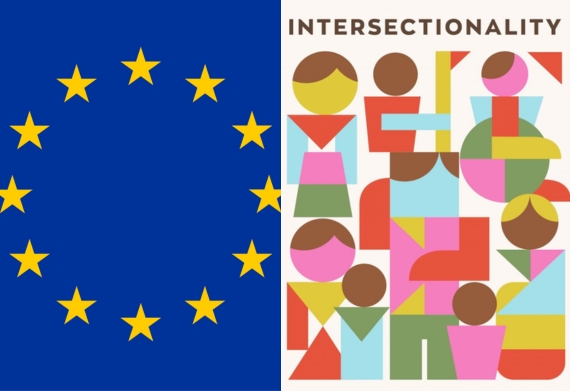
CLPR concentrates on strengthening its work on transgender rights and contribute to the development of trans equality in India through three initiatives namely the Trans Law Cell, the Global Trans Law Database, and Know Your Rights and Entitlement Session (KYRE) and Roundtable Conference on Transgender Issues.
The South Asian Translaw Database supports law and policy engagement efforts by the transgender community, legal professionals, government officials and academics from the South Asian region and beyond. The Database includes, primary legislation & rules from international, national and provincial levels, policy documents created by governments and civil society, and court cases including court documents and decisions relevant to the rights of transgender, non-binary and intersex persons.
The Trans Law Cell is an initiative by CLPR that provides free legal aid and advice to the transgender community, and empowers members of the trans-community to better understand, and fight for, their rights. It is a free walk-in legal clinic which takes place every week on Tuesdays, between 5-6 PM. Besides matters of legal documentation, the Trans Law Cell is open to providing all and any kind of legal aid to transgender persons. The Cell has also provides legal advice to persons who wish to establish inclusive societies within corporate firms, to ensure that there is no discrimination based on gender and gender identity in corporate environments. The Trans Law Cell does not require prior registration or appointments.

The objective of this project was to better implement the laws relating to caste discrimination in India focusing on four Indian States of Karnataka, Tamil Nadu, Andhra Pradesh and Kerala with a focus on Dalit women, Dalit persons with disabilities and Dalit transgender persons and developing a legal recognition for discrimination which affects Dalit women, Dalit persons with disabilities and Dalit transgender persons.
The key interventions under this project included:
A new equality law that recognizes caste discrimination and intersectionality of gender, disability and sexuality is ready for introduction into the legislative process and a new curriculum for a course on intersectional equality exists and is introduced in law schools.
- Strategic Litigation for implementation of the existing law relating to caste discrimination that pays special attention to its intersectional context.
- Improved access to justice for marginalized communities by capacity building through lawyer networks and encouraging new civil society coalitions around intersectionality, which leads to reduction of caste discrimination.
The project was designed to have a direct impact on 6 target groups:
- Lawyers in the 4 Target States of Karnataka, Tamil Nadu, Andhra Pradesh and Kerala
- Judges from the High Courts and Lower Judiciary in the 4 Target States of Karnataka, Tamil Nadu, Andhra Pradesh and Kerala
- CSOs working in the field of caste, gender, disability and transgender rights in each of the 4 Target States of Karnataka, Tamil Nadu, Andhra Pradesh and Kerala
- Elected Members of the State Legislature in the 4 Target States of Karnataka, Tamil Nadu, Andhra Pradesh and Kerala
- Government Officials in the 4 Target States of Karnataka, Tamil Nadu, Andhra Pradesh and Kerala
- Students through a rigorous and comprehensive curriculum for understanding how caste marginalization affects the operation of law
Target Beneficiaries of the Project:
Persons from marginalized communities, i.e. Dalit persons which includes Dalit women, Dalit persons with disabilities and Dalit transgender persons nationally as well as marginalized communities in other Indian states whose lives are ultimately be affected by the project interventions and activities.
Key Stakeholders:
The key stakeholders and partners in this project included CSOs working on caste, gender, disability and sexuality in Karnataka, Andhra Pradesh, Tamil Nadu and Kerala. Through this project, we also collaborated with lawyers, bar associations and judges at a national level who are active change makers. Our primary stakeholders were the members of marginalized groups facing caste- based violence and discrimination and other intersectional forms of discrimination who inform the advocacy, litigation and coalition efforts.


